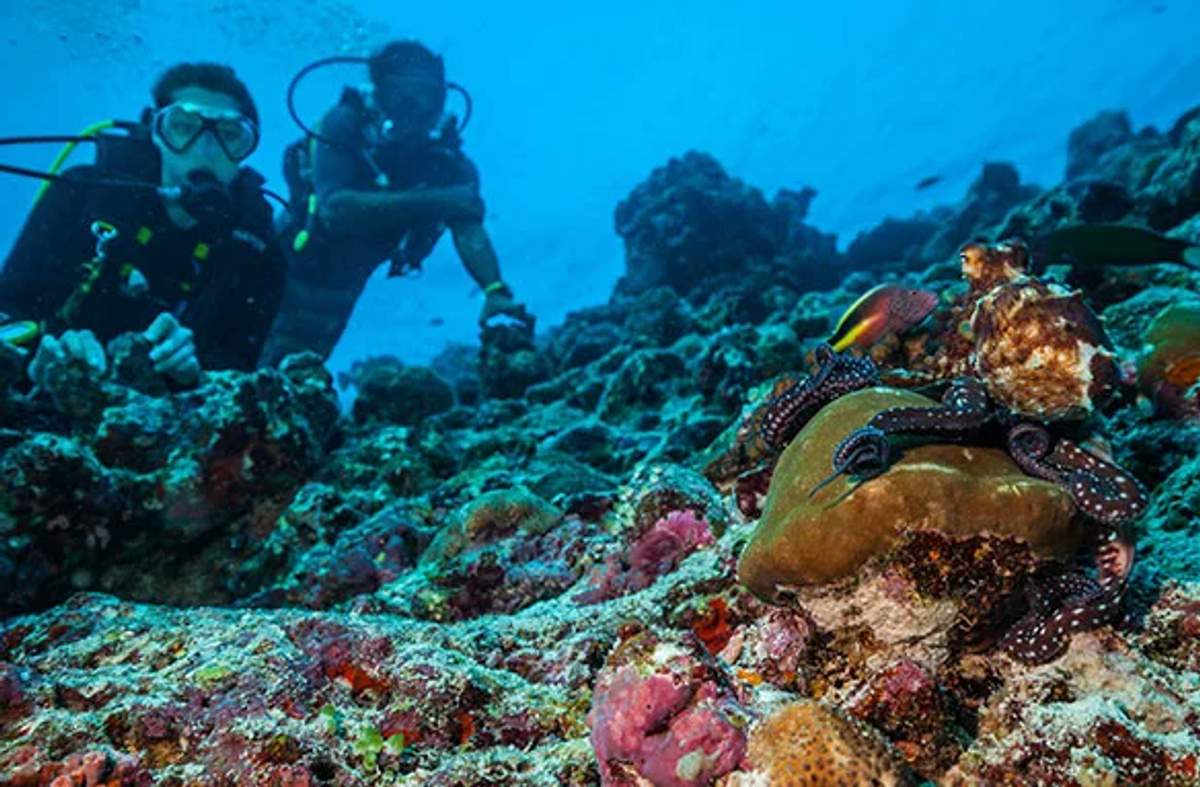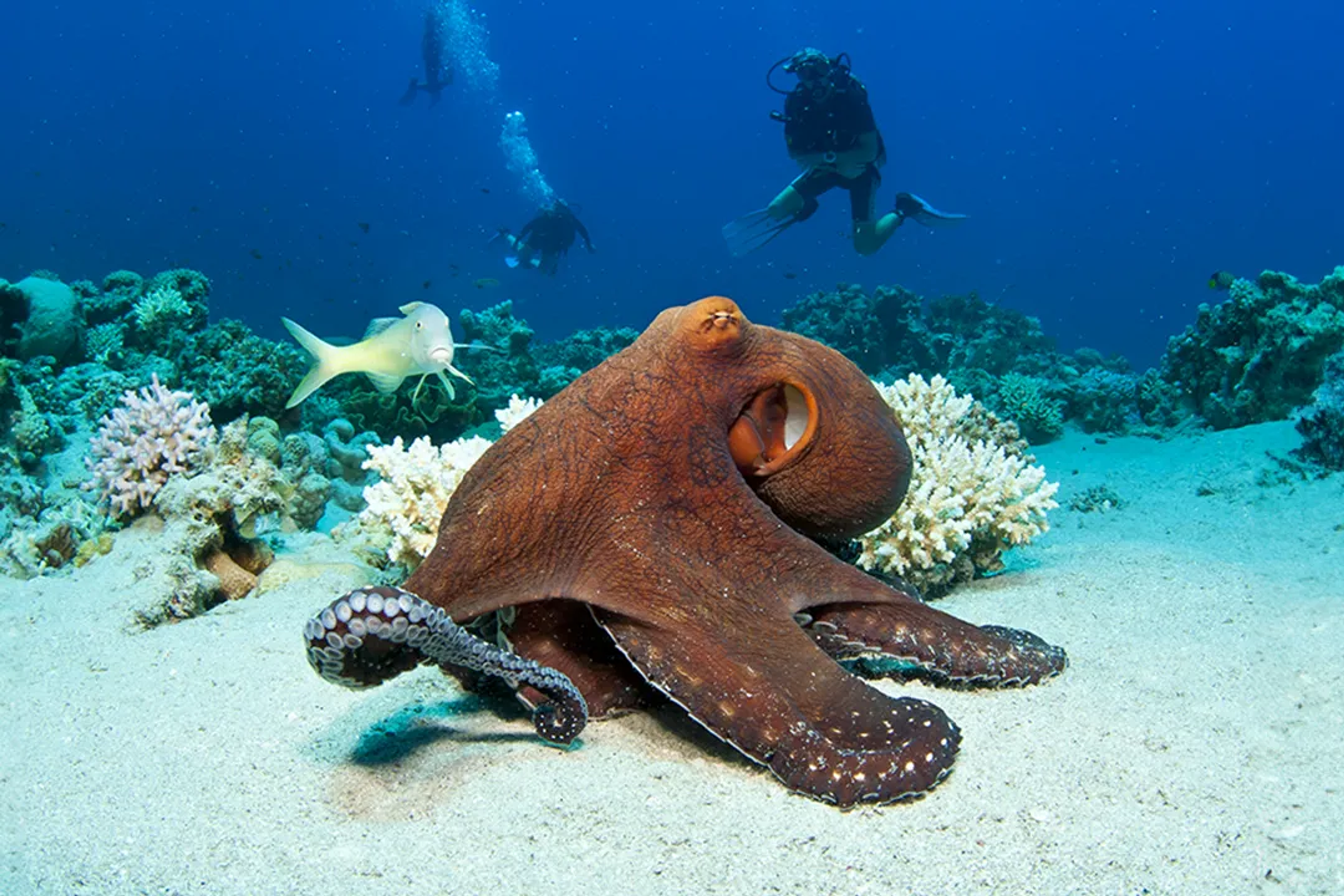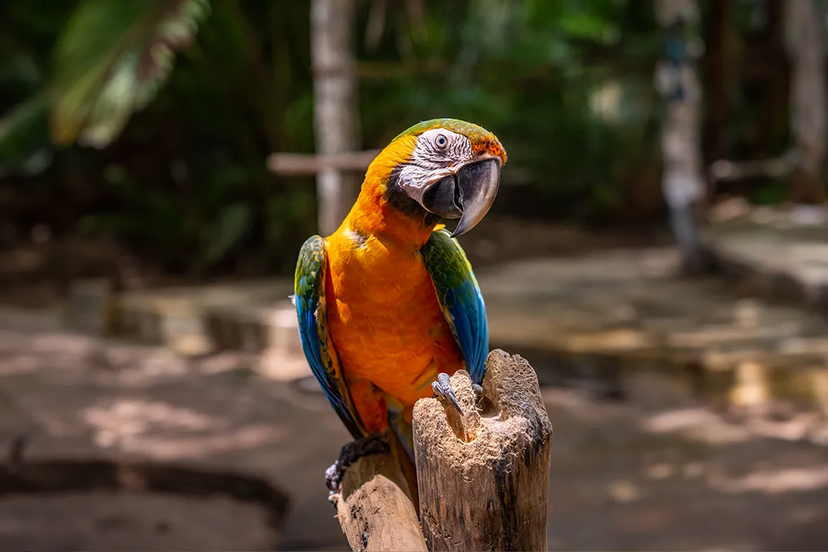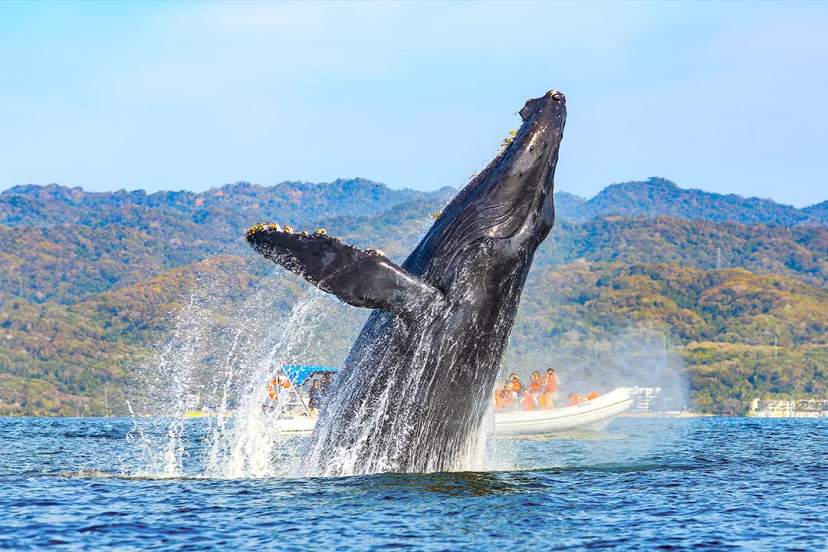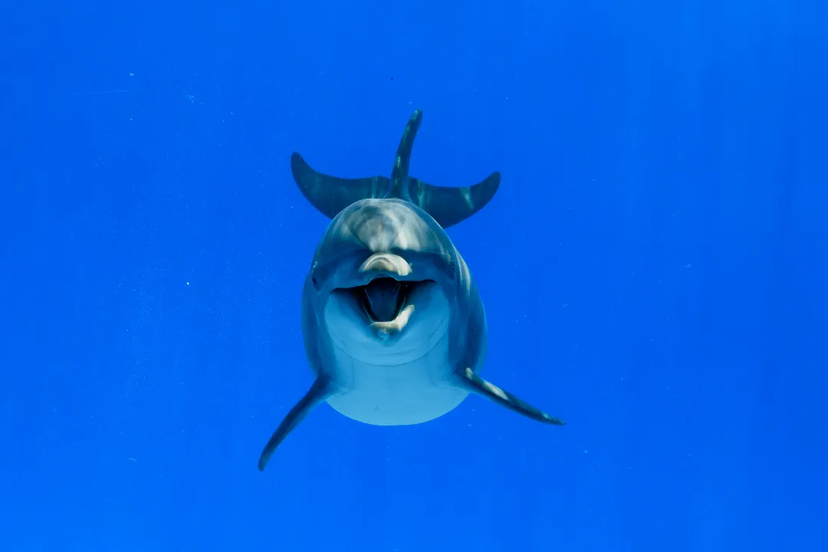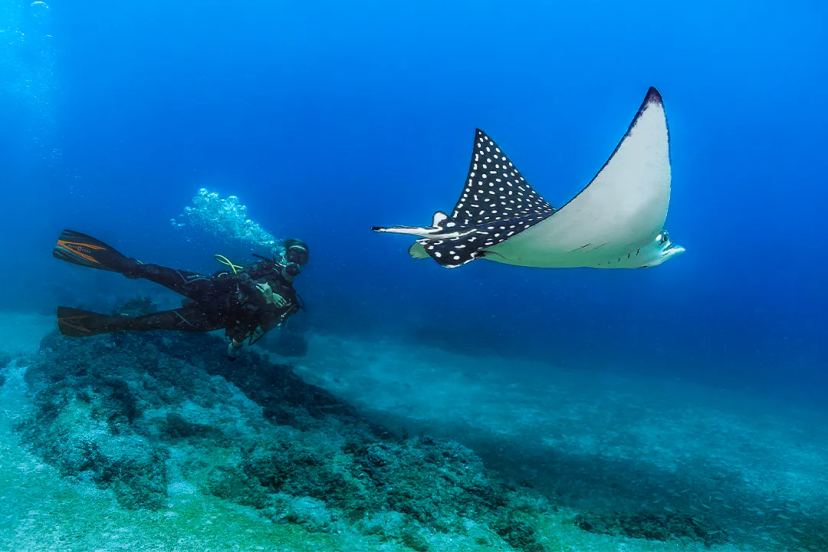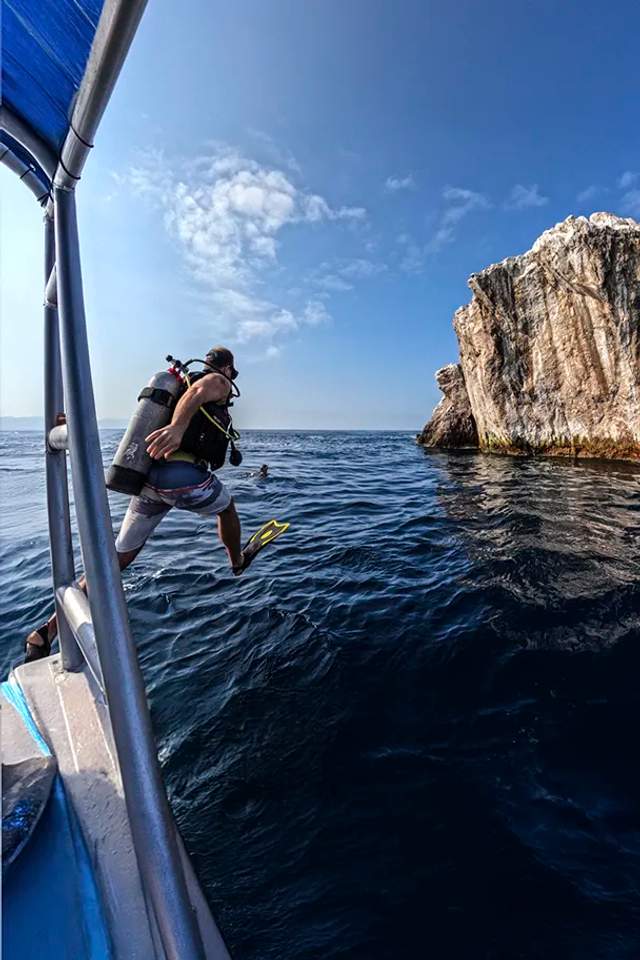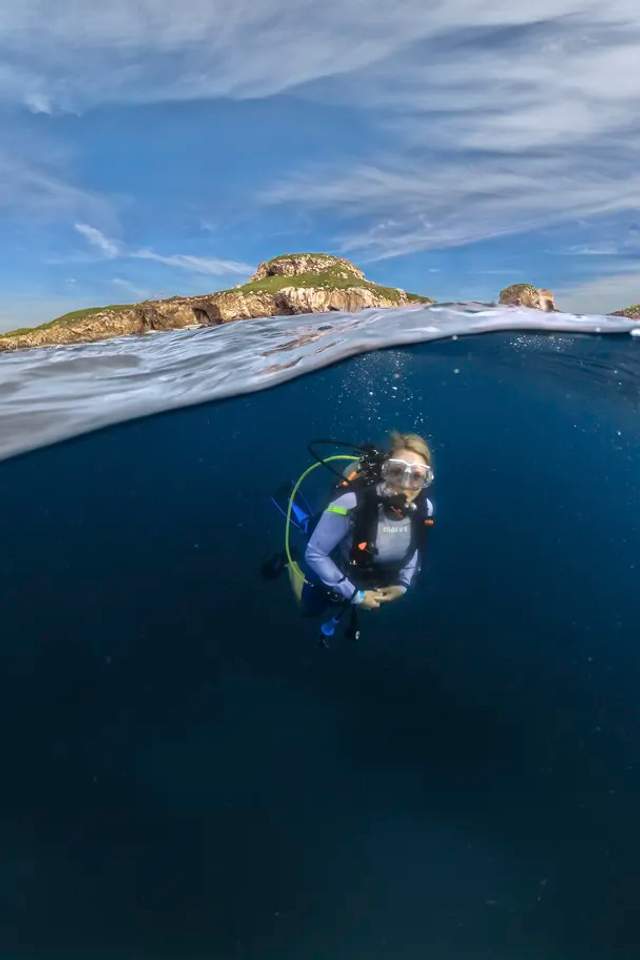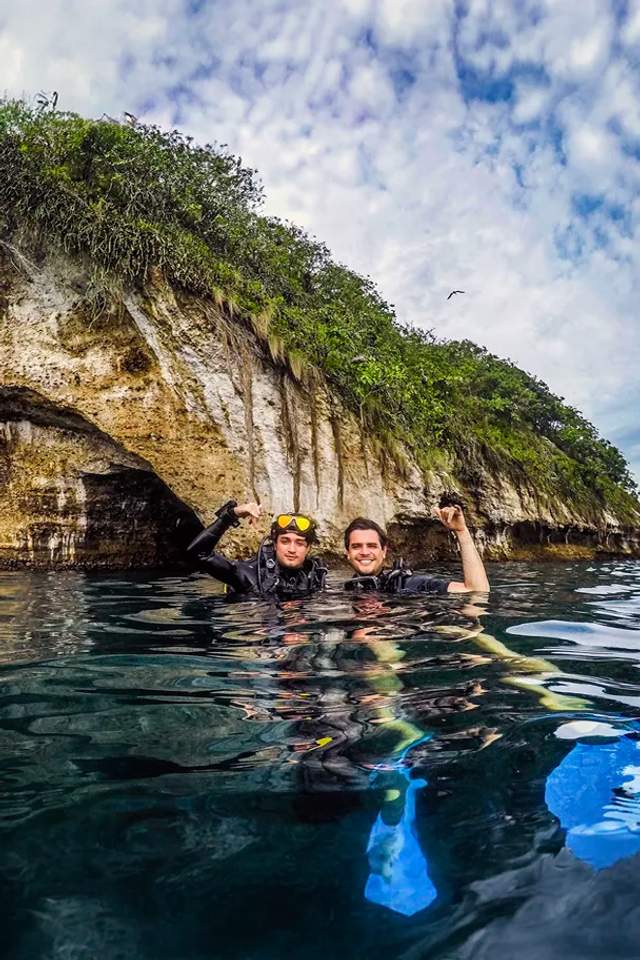Discover the wonderful world of octopuses in Puerto Vallarta and learn about some of the most fascinating facts about these creatures.
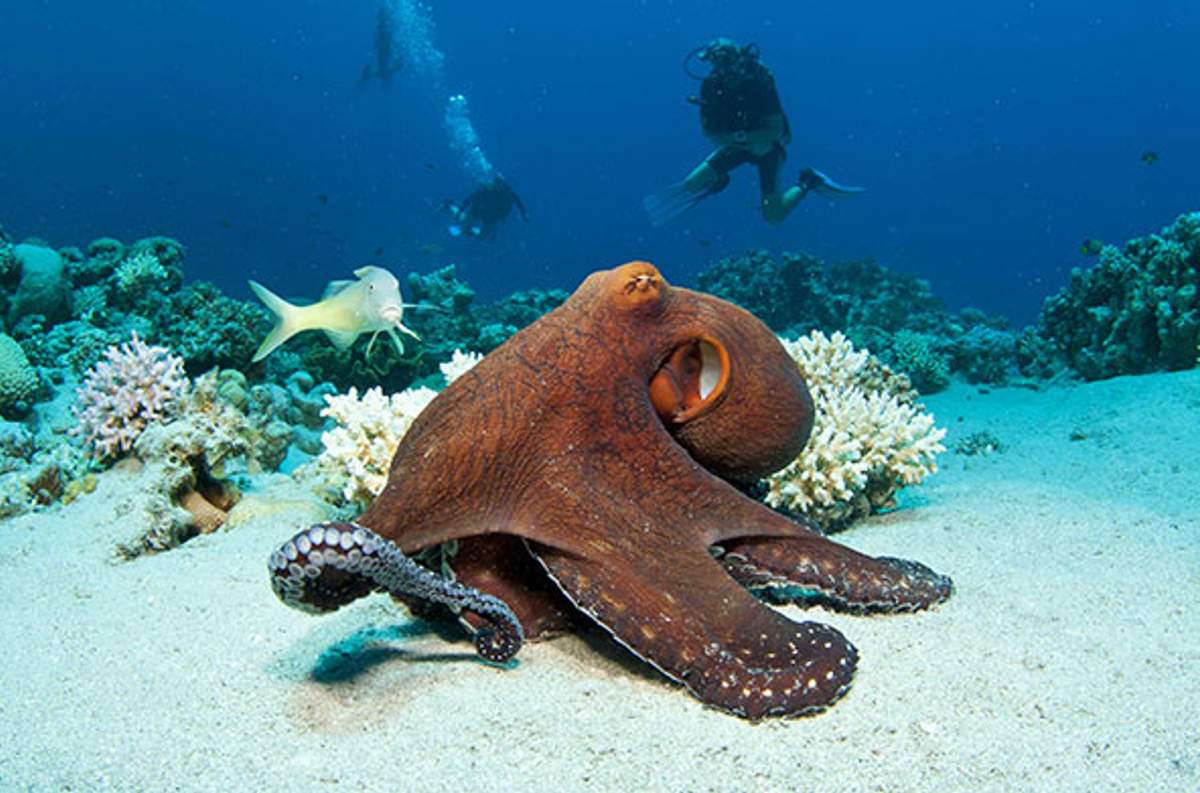
Thanks to Netflix and its recent documentary, My Octopus Teacher, the world is becoming more interested in learning fascinating facts about octopuses. Before we dive into some facts about these majestic creatures, we must mention that the plural form of octopus is indeed octopuses, contrary to popular belief. While everyone thinks it’s octopi, derived from the Greek word, that is grammatically incorrect.
So, if you learn nothing else from this blog about one of the smartest creatures under the sea, at least you will now be able to correct people who use the wrong term to refer to them.
How smart is the average octopus?
Potentially as smart as man’s best friend - aka the family-favorite golden retriever. Much of the world has now heard the story of Inky – the hyper-intelligent octopus who freed himself from a New Zealand aquarium and, somehow, managed to escape to the sea. So, it may come as no surprise that the octopus is the world’s smartest invertebrate.
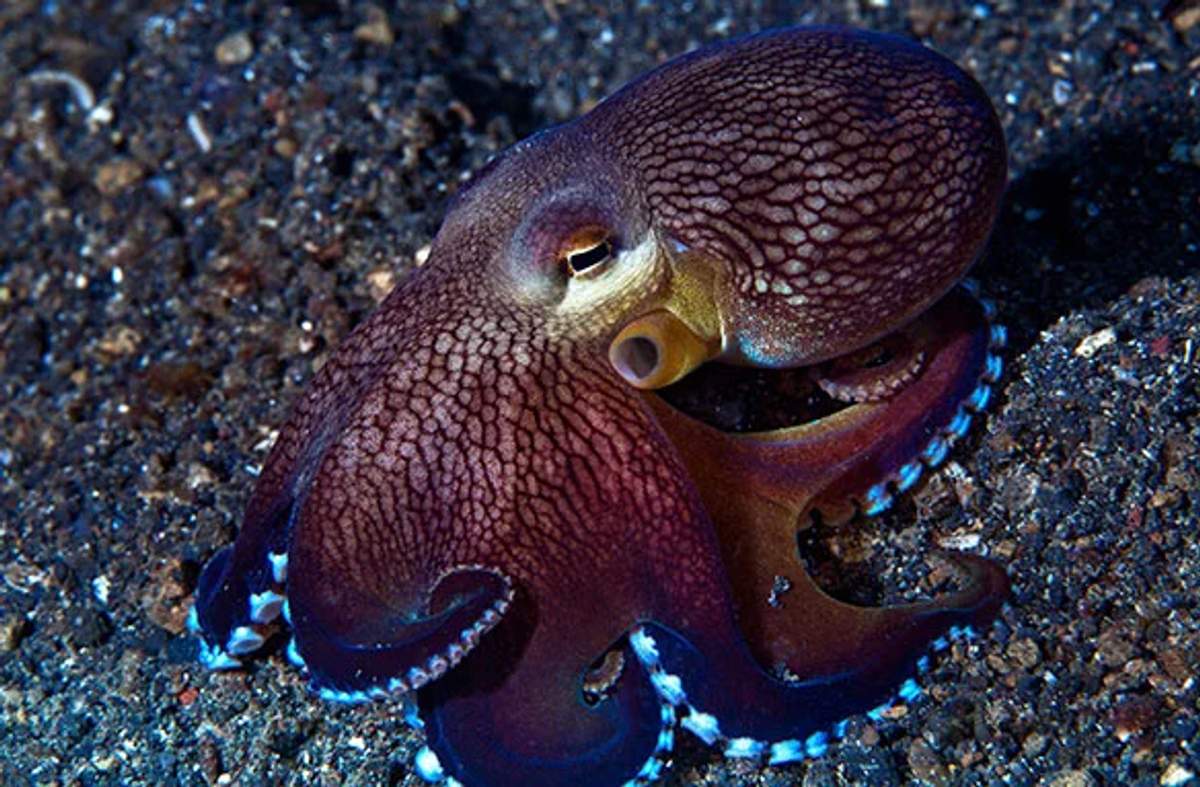
Do octopus use tools?
In keeping with how adaptive and intelligent they are, these creatures can open jars, fit their entire body through a book-sized hole, and leverage rocks and other objects to use as tools of defense. Down in the depths, they are extremely agile hunters and have mastered the art of the ambush and the tactful avoidance and conquering of potential predators.
From reworking plumbing through to tackling sharks, there is not a whole lot our eight-tentacle friends can’t think up or do!
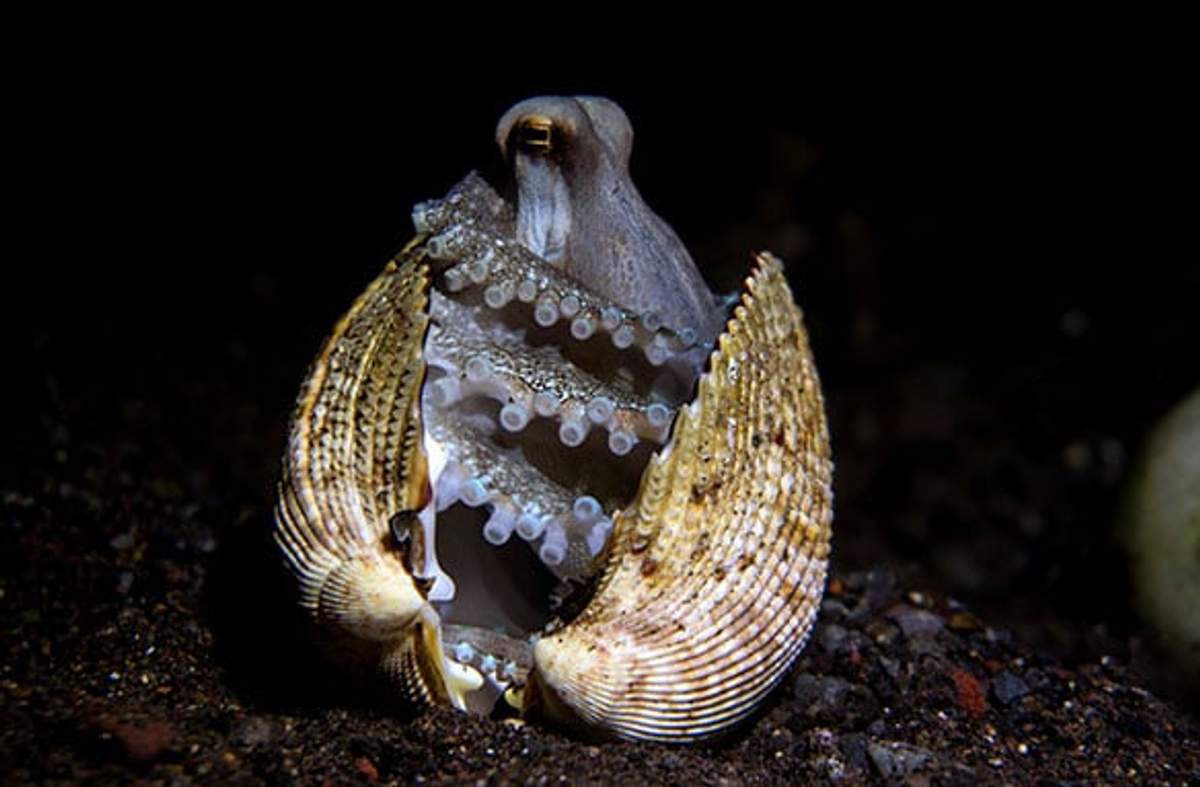
How do these (somewhat) creepy crawly yet utterly unique creatures behave?
For the most part, octopuses are solitary creatures. They like to live in dens and typically only come out at night when they are hungry. While they do like to hermit, they also seem to enjoy moving around and choose a new home every couple of weeks.
How do octopuses travel?
It may come as a surprise that octopuses actually prefer to “walk” around. With tentacles that contain as many as 10,000 neurons, the octopus’ “legs” are extremely sensitive, so by using them to get around, they can get a much better feel for their surroundings.
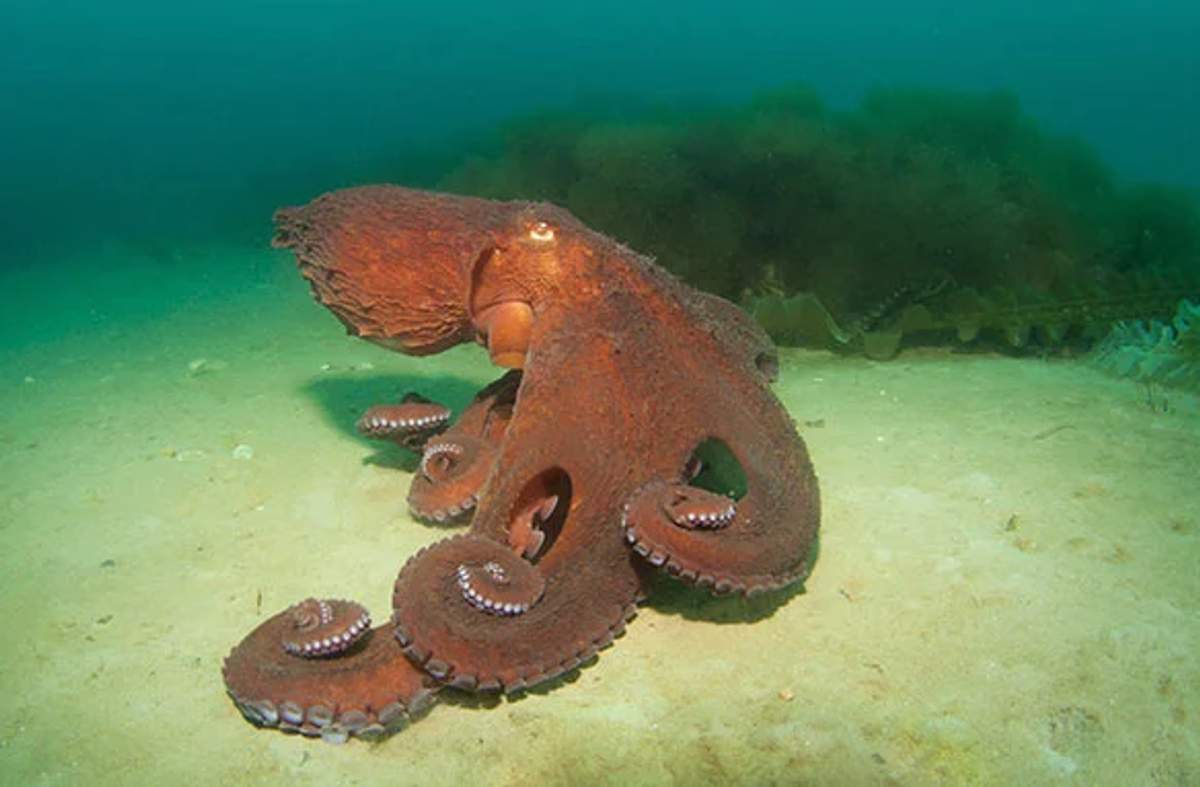
How fast can an octopus swim?
When they feel like being speedy, octopuses will take in water and then expel it forcefully to propel themselves in the opposite direction at speeds of up to 40 km/h. This movement is what you will most likely see in National Geographic episodes on the octopus, but you also just might find them curled up in a discarded container or hiding between meals.
What does an octopus eat?
Octopuses love to eat crustaceans such as clams and small fish.
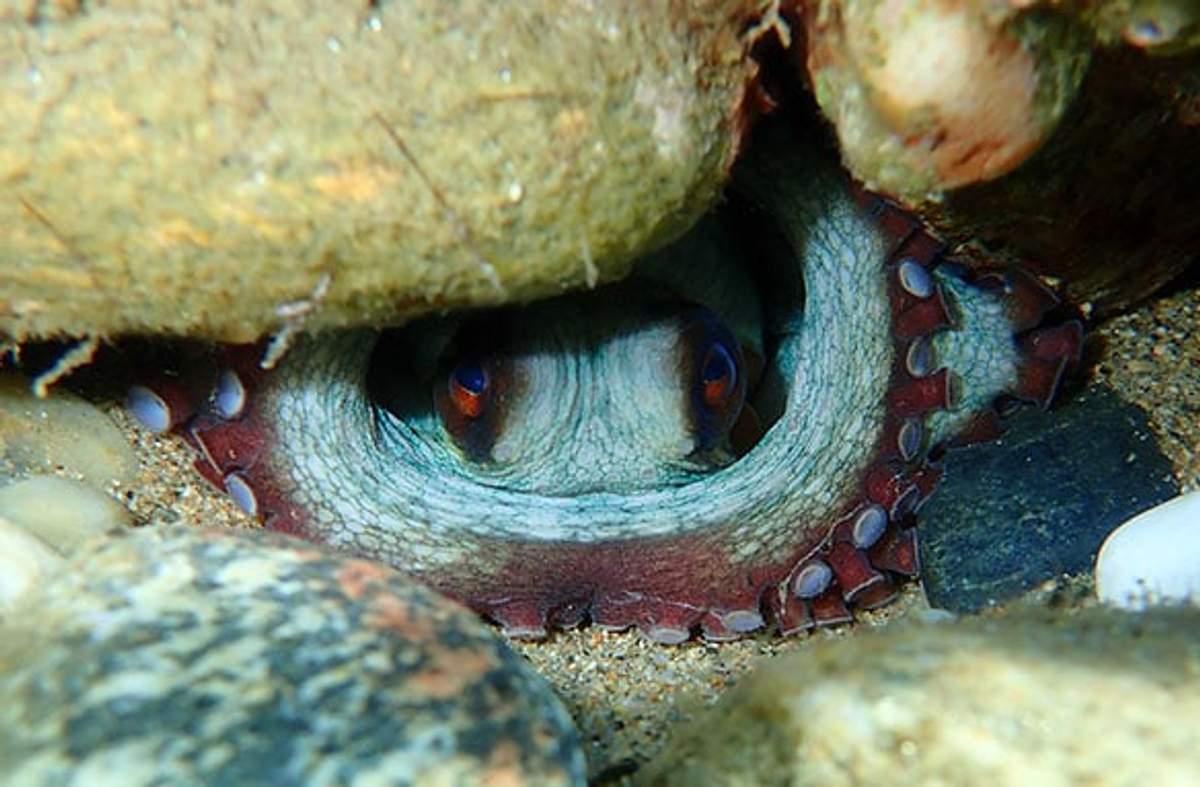
How many hearts does an octopus have?
An octopus has three hearts; two work exclusively to move blood beyond the animal’s gills, while the third heart keeps circulation flowing.
How many species of octopus have been discovered so far?
Believe it or not, there have been around 300 species of octopus found. While they differ in terms of appearance, size, and some behavioral traits, they all share their most defining characteristic: eight legs.
How long will an octopus typically live?
Unfortunately, despite being brilliant, the octopus does not fare very well in terms of life expectancy. Some octopuses will only live for six months, while the larger species may live for up to five or six years.
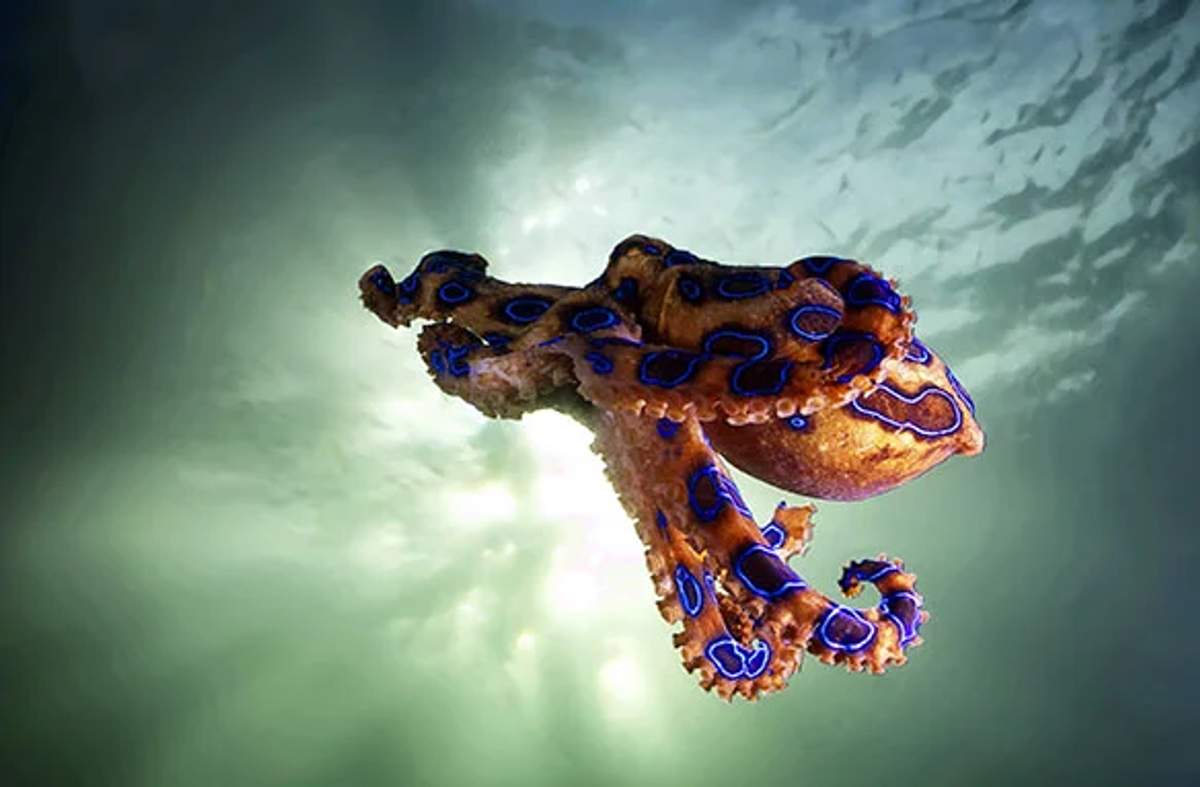
Why do octopuses have a short life expectancy?
Almost counterintuitively, their reproduction is actually life-limiting: as the hormones that promote reproduction increase, they harm digestion, and, sadly, the octopus dies from something like starvation.
Dive Deep in the Pacific for a Chance to Spot an Octopus
While we can’t promise you will be able to spot 300 different types of octopus, we are hopeful you will have the opportunity to see other different sea creatures, including a few of these sneaky ones, while on one of our scuba diving trips.
If the octopus teaches us anything, it’s that life is short, so make the most of it during your next vacation. From colorful fish to gorgeous coral, our tours will open up the wonderful underwater worlds available in Puerto Vallarta.
